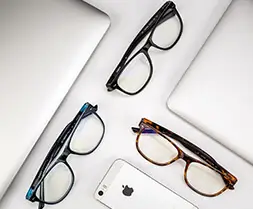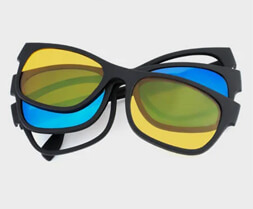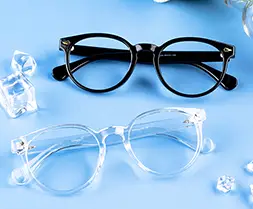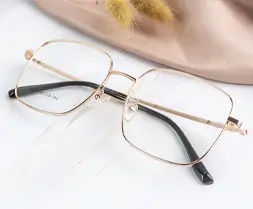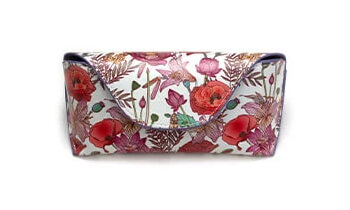Allergic conjunctivitis is an eye condition caused by an allergic reaction to substances such as pollen, pet dander, dust mites, or certain medications. It is a common condition that affects many people, and it can cause uncomfortable symptoms like redness, itching, swelling, and tearing of the eyes. While it is not a serious condition, it can be bothersome and affect your quality of life.
There are two types of allergic conjunctivitis: seasonal and perennial. Seasonal allergic conjunctivitis occurs mainly during certain seasons when the allergens are more prevalent, such as spring and fall. Perennial allergic conjunctivitis can occur at any time of the year and is usually caused by indoor allergens like dust mites, pet dander, or mold.
To prevent allergic conjunctivitis, it is essential to avoid contact with the allergens that trigger the allergic reaction. Here are some tips to help prevent allergic conjunctivitis:
1. Avoid allergens: The best way to prevent allergic conjunctivitis is to avoid contact with the allergens that trigger it. For instance, stay indoors when pollen counts are high, and use air conditioning with a HEPA filter to remove pollen and other allergens from the air.
2. Keep windows closed: Keep windows and doors closed during pollen season and use an air purifier with a HEPA filter to filter out airborne allergens.
3. Wear sunglasses: Wear sunglasses when you're outdoors to protect your eyes from allergens.
4. Wash your hands: Wash your hands frequently, especially if you have been outside, to avoid transferring allergens to your eyes.
5. Keep your home clean: Vacuum your carpets and furniture regularly, wash your bedding in hot water, and keep pets out of the bedroom to reduce exposure to indoor allergens.
6. Use eye drops: Over-the-counter eye drops can provide relief for mild allergic conjunctivitis. However, if your symptoms are severe or persistent, you should see a doctor.
If you do develop symptoms of allergic conjunctivitis, there are several things you should and should not do to manage your condition:
What you should do:
- Use over-the-counter antihistamine eye drops to relieve itching, redness, and swelling in the eyes.
- Use artificial tears to lubricate the eyes and reduce dryness.
- Apply a cold compress to the eyes to reduce inflammation and soothe the eyes.
- Keep your hands clean and avoid touching your eyes.
- Seek medical attention from a healthcare professional if your symptoms persist or worsen.
What you should not do:
- Do not rub your eyes, as this can worsen the symptoms and spread allergens to other parts of the eyes.
- Do not wear contact lenses until your symptoms have improved, as this can exacerbate the symptoms.
- Avoid using eye makeup, such as eyeliner, mascara, and eye shadow, as these can worsen the symptoms.
- Do not share personal items such as towels, pillowcases, or eye drops with others, as this can spread allergens and worsen your symptoms.
By following these guidelines, you can effectively manage your symptoms of allergic conjunctivitis and prevent them from worsening. However, if your symptoms persist or worsen despite these measures, it is important to seek medical attention from a healthcare professional. They may recommend prescription-strength medications or other treatments to help alleviate your symptoms.
In summary, allergic conjunctivitis can be prevented and managed by avoiding allergens, using eye drops, applying a cold compress, washing your hands, and keeping your home clean. It's important to avoid rubbing your eyes, wearing contact lenses, using eye makeup, and sharing personal items, as these can make the symptoms worse. If your symptoms persist or worsen, it's important to seek medical attention from a healthcare professional. By following these guidelines, you can effectively manage your allergic conjunctivitis and reduce its impact on your daily life.



